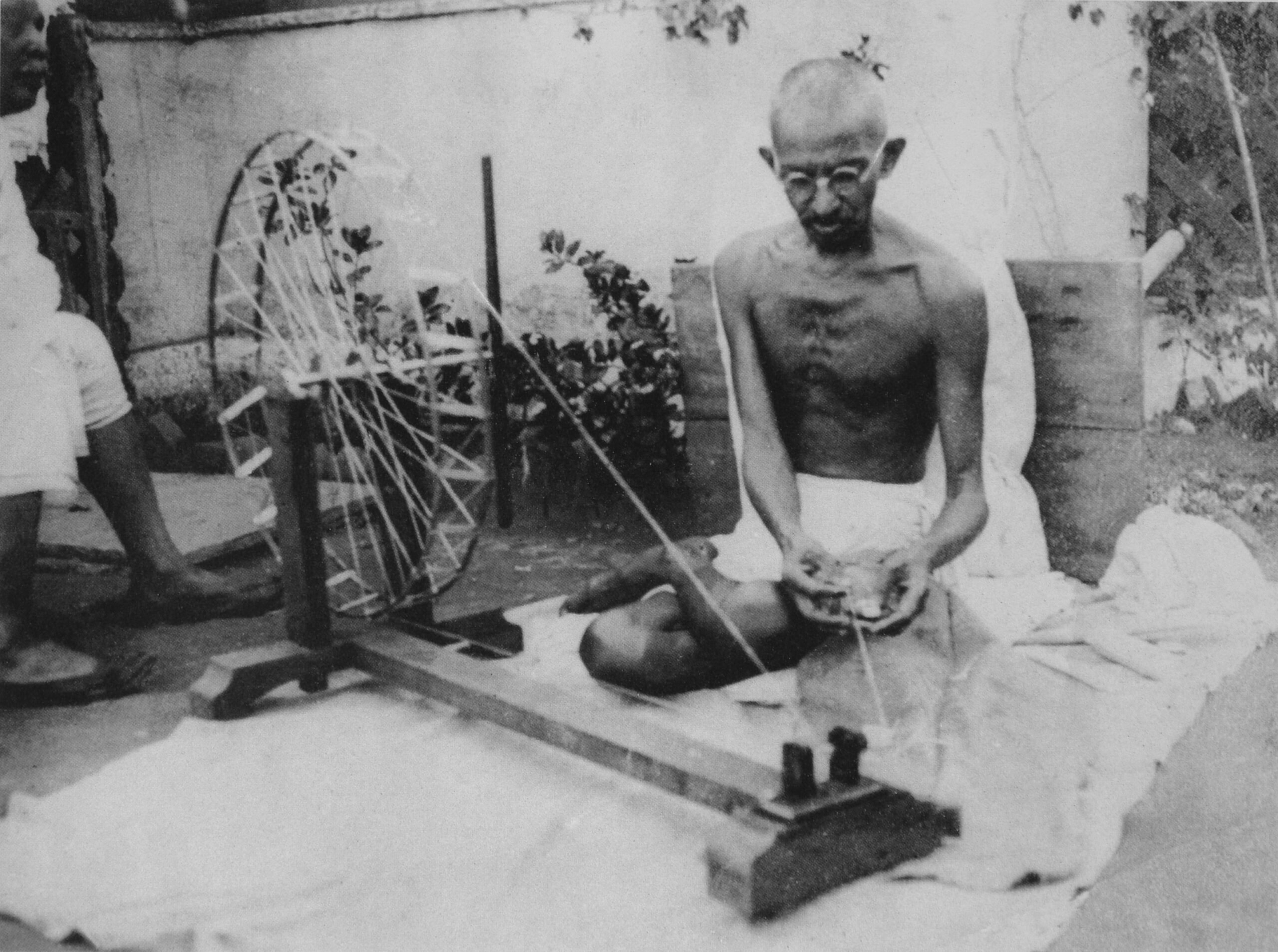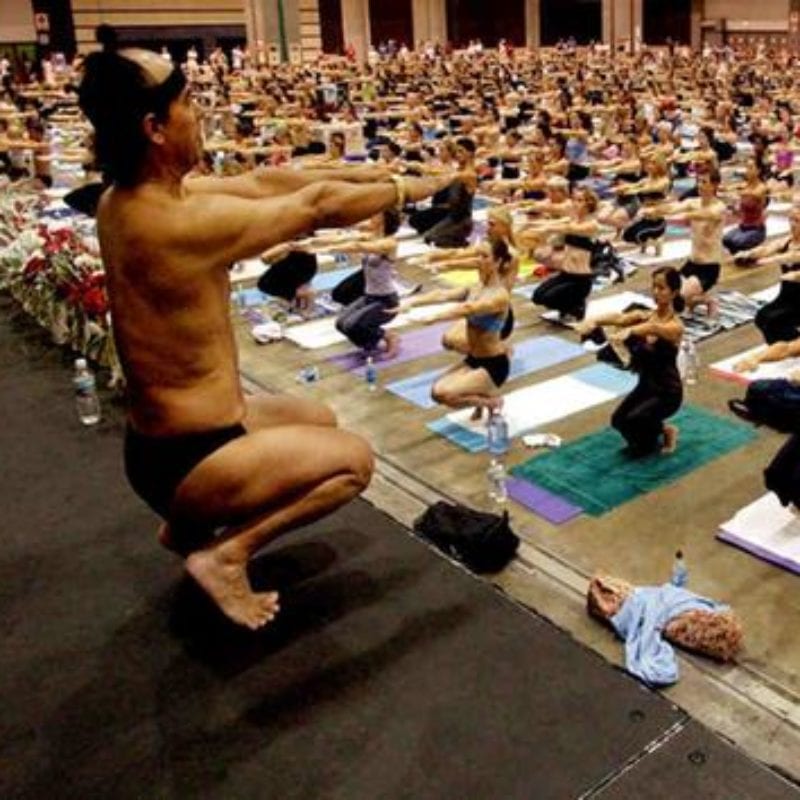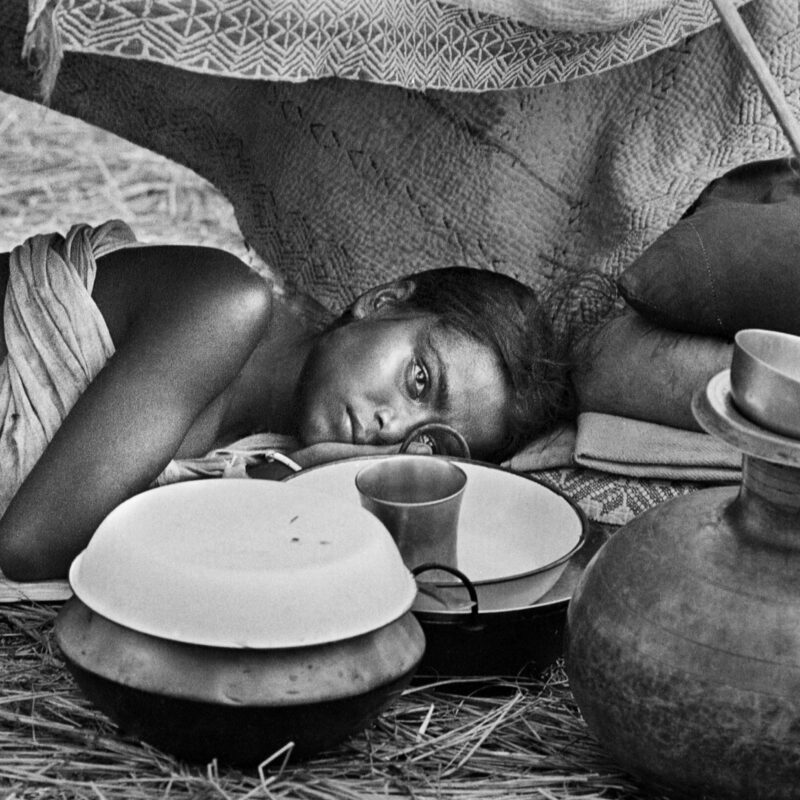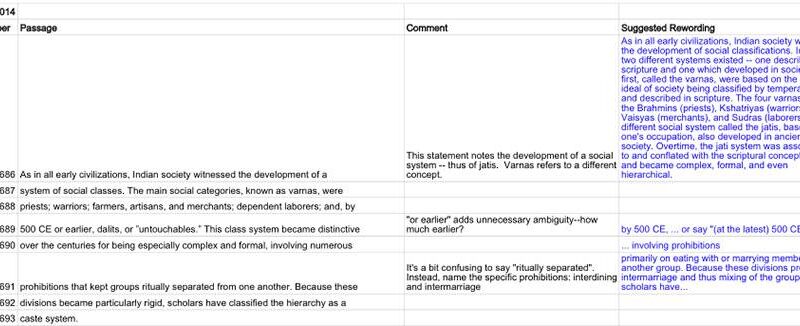
What unites presidents Thomas Jefferson and Teddy Roosevelt, Prime Minister Winston Churchill and Mother Teresa, Martin Luther King Jr and Mahatma Gandhi, writer William S Burroughs and filmmaker Woody Allen, yoga guru K Pattabhi Jois and suffragette Cristabel Pankhurst?
Each of these people engaged in activities, behaved in ways, or held beliefs that in the second decade of the 21st century are widely considered morally unacceptable, socially questionable, or sometimes illegal. Yet each is also, in their own way and in their own field of endeavor, inspirational, influential, and worthy of some amount of admiration.
Last Saturday was Gandhi Jayanti and, as we do at HAF, on social media we honored the birthday of the man often dubbed the father of independent India.
Right on cue the Gandhi haters emerged from both the right and the left pointing on that the Mahatma really should not be referred to as a Great Soul, since he a) was responsible for partitioning India, b) was really a racist for his views on Africans as a young man, c) was really some sort of pedophile for incidents where he slept in the same bed naked with younger female relatives, d) interpreted ahimsa all wrong in a far-too-pacifist manner that plagues Hindu culture to this day.
The gamut of anti-Gandhi sentiment was expressed, except perhaps dismissively calling him a half-naked fakir, as Winston Churchill once did.
Here’s the thing: Mahatma Gandhi was a flawed human being — one who was indeed a racist as a young man, who had some certainly questionable ideas about human sexuality, sometimes expressed his concern for the oppressed in ways that to a modern ear sound condescending, and who did indeed push the ancient concept of ahimsa beyond its traditional boundaries.
But here’s the thing too: Despite all these things Mahatma Gandhi was and is a genuine inspiration for millions of people around the world, Hindu and non-Hindu alike, for his commitment to civil disobedience as a tactic for political and social change, and for his practical yet uncompromising application of spiritual principles.
That’s what he is for me.
Those of us who find inspiration in Gandhi today don’t ignore those aspects of the man that seem like failures or faults, either objectively or because the social standards of the late 19th and first half of the 20th centuries sometimes seem regressive by contemporary ethics and standards. Rather we can accept that most of the great figures of history — be they secular leaders, religious teachers, or celebrities of one type or another — are not perfect humans. None of us are, no matter the role we play in society.
We are all filled with ethical contradictions, beliefs we once held that we now find objectionable or outdated and from which we’ve now moved on. Most of us have done things that fall far short from our ideals, sometimes many times. All of us are evolving, learning, striving, and trying to live our best lives as embodied beings, playing out past karma and creating new karmic impressions which will inevitably bear fruit in the future.
Sometimes it seems this truth has been forgotten.
We forget that while our leaders and teachers are in some ways indeed superior to us, perhaps more learned, wiser and more knowledgeable and spiritually awakened, more talented than us in some way, each and every one of us remains human and imperfect and (hopefully) ever evolving.
And all of this is totally alright.
When we continue to expect perfection out of fellow beings are we not setting up ourselves for a cycle of constant disappointment?
Is it not better to judge a person by their successes and best characteristics and appreciate their positive contributions to society, rather than condemning the whole of a person’s work or life because of changing standards of acceptable actions and belief, or by those incidents where they failed to live up to their own ideals, or those times where we wish they simply would have behaved differently?
I know that’s how I’d like to be judged, by my best qualities, ideals, and efforts, not the times when I failed to live up to them.








































